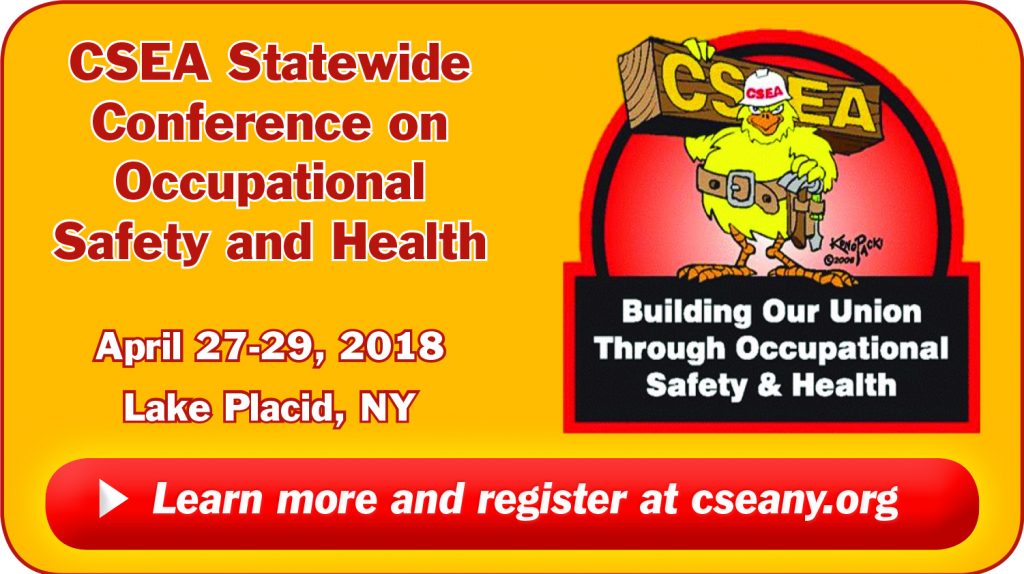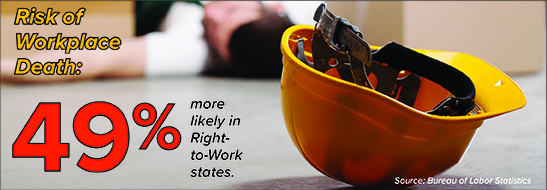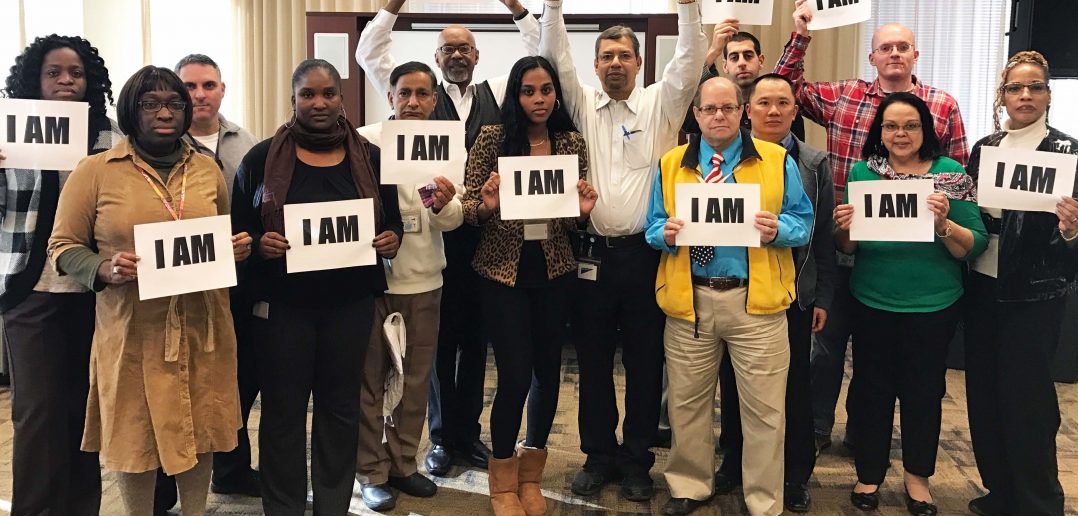Echol Cole and Robert Walker had repeatedly warned their supervisors that the equipment they were using on the job as Memphis, Tenn. sanitation workers was dangerous.
The warnings went unheeded, forcing them and 1,300 other Memphis, Tenn. sanitation workers to perform one of the country’s most dangerous jobs without adequate workplace safety measures. During this time, they were seeking to be recognized as a union with AFSCME.
On Feb. 1, 1968, Cole and Walker paid for that inaction with their lives.
That day, the men were seeking shelter from a storm in the back of their truck after being denied access to an employee break room. The truck’s garbage compactor malfunctioned, crushing them to death.
Their deaths led their co-workers to walk off the job, not only to demand safer working conditions, but respect.
In addition to lack of workplace safety, the workers were paid less than $2 per hour during the regular workday and overtime was often unpaid. Workers could be fired for taking a sick day.
At that time, Memphis was also governed by leaders who supported segregation. As all of the sanitation workers were African American, the strike placed the workers and their families in peril.
The strike became a rallying cry for African Americans and civil rights advocates everywhere, with strikers carrying signs that read “I AM A MAN.”
In spring 1968, The Rev. Martin Luther King Jr. visited Memphis several times to support the workers. In addition to his civil rights work, King advocated for labor justice. On April 3, 1968, King had delivered his famous “Mountaintop” speech to the striking workers.
The next day, King was assassinated at a Memphis motel.
Shortly after King’s death, the strike was settled. The workers won improved pay and working condition, as well as formal recognition of their union, AFSCME Local 1733.
Progress, yet struggle continues
While the past 50 years has brought strong progress in worker safety protections, the struggle for safe workplaces continues.
In 1970, the U.S. Occupational Safety and Health Act (OSHA) was enacted with the strong support of organized labor. While that law protects private-sector employees, OSHA’s protections didn’t extend to public employees.
CSEA led the fight to enact the state Public Employee Safety and Health (PESH) Act of 1980, which gave New York’s public employees some of the strongest workplace safety and health protections in the country.
Specifically, New York’s law covers safety issues rarely found in other state statutes, including workplace violence prevention, safe patient handling and rabies protection.
Despite many advancements in state and federal law, sanitation workers still face some of the most dangerous working conditions in the United States today. Because of these conditions, CSEA President Danny Donohue led efforts to address these hazards.
Our union’s efforts not only included increased public awareness and worker training programs, but we, along with other allies, successfully advocated for the expansion of the state’s ‘Move Over Law.’
Union involvement in workplace safety and health have saved thousands of lives, and unions have helped millions of people have the freedom to have a fair return on their work, with the dignity that we all deserve.
The Memphis sanitation workers’ struggle showed us to achieve true social justice, we also need labor justice. That is why organized labor and civil rights advocates continue to stand together. On Feb. 1, we participated in a national moment of silence to remember Cole and Walker, and to continue to ensure that all workers can do their jobs in safe working conditions and be treated with dignity.
 Never Quit working for safety and health
Never Quit working for safety and health
One of the most important things that our union does is work to protect your safety on the job, including through providing resources such as our Occupational Safety and Health staff, training opportunities and other materials to help you hold your employer accountable for your safety.
But our workplace safety is jeopardized by current federal policies that favor deregulation of safety measures that have saved lives. Additionally, funding for OSHA inspections, training and other enforcement is jeopardized.
While New York’s public employees work under strong safety regulations, the landscape may soon change for public workers across the United States.
The Right-to-Work movement has driven down union membership rates in many of the 28 states that have right-to-work laws.
 The U.S. Bureau of Labor Statistics reported in 2017 that the risk of workplace death is 49 percent more likely in right-to-work states than in states without such laws.
The U.S. Bureau of Labor Statistics reported in 2017 that the risk of workplace death is 49 percent more likely in right-to-work states than in states without such laws.
This statistic becomes even more chilling as we now face right-to-work through the U.S. Supreme Court case Janus v. AFSCME Council 31.
The court is slated to hear oral arguments in the Janus case in late February and is expected to issue its decision in late spring. The decision will likely not be in our favor.
In addition to wages and health insurance, our lives are at stake, but we will never quit working to ensure that we can all go to work — and come home — safely.
One way we will keep up our work is through our Statewide Conference on Occupational Safety and Health, which will be held April 27-29 in Lake Placid. Jordan Barab, former deputy assistant secretary of Labor at OSHA under the Obama administration and previously the longtime director of AFSCME’s safety and health program, will be the keynote speaker.
Through workshops, plenary sessions and most importantly, having conversations with each other, we can make our workplaces safer and our union stronger. Visit our website at cseany.org to learn more and register.
One of the best ways to keep our union strong is to never quit on your safety.




